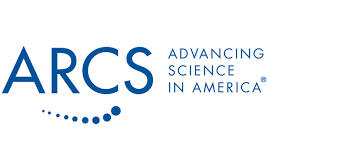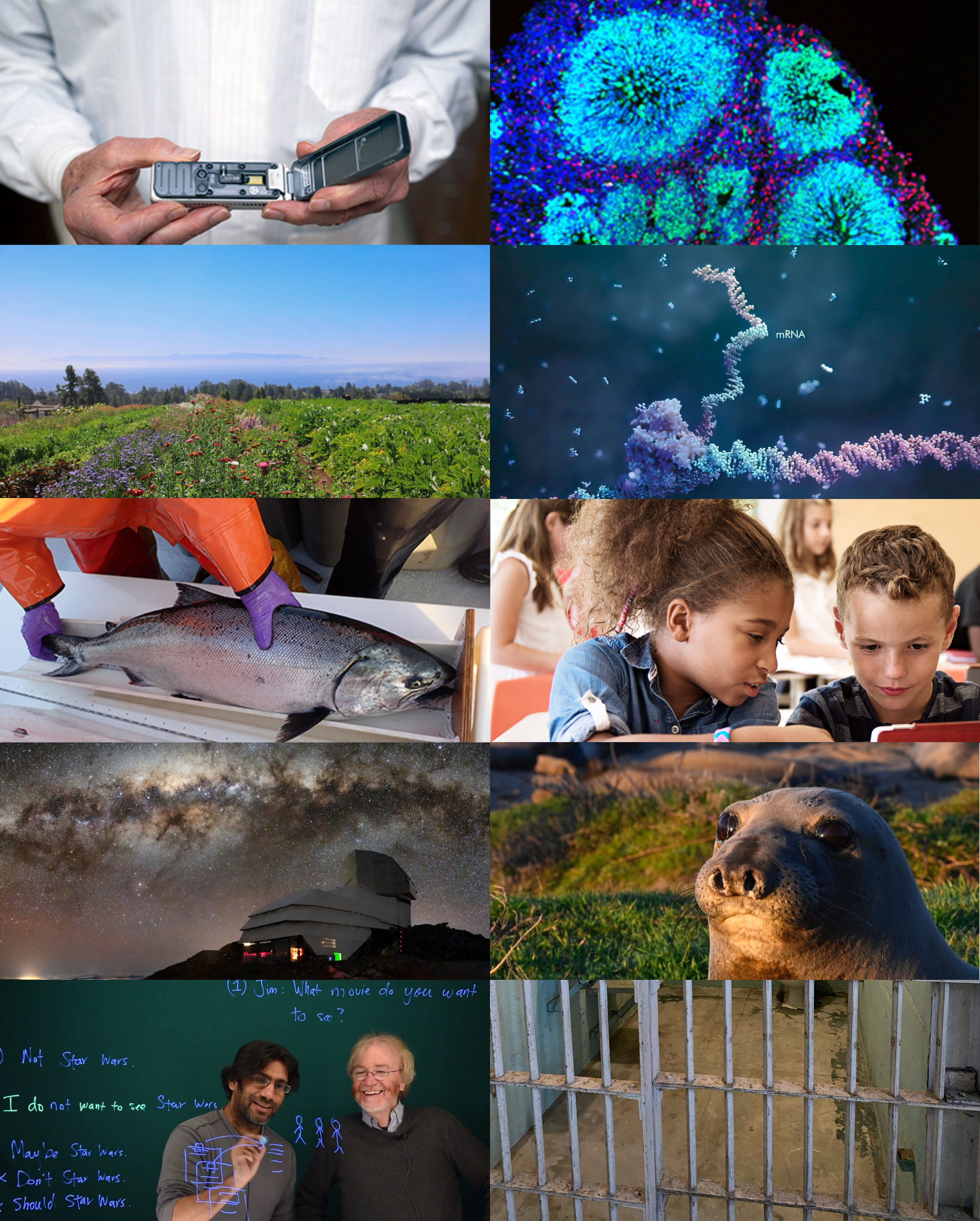High Impact
Discovery
DESI
UC Santa Cruz researchers hold crucial roles in “Dark Energy Spectroscopic Instrument” collaboration
JWST
We lead innovative observations from exoplanet atmospheres to galaxy formation with NASA’s James Webb Space Telescope
FRB
UC Santa Cruz astrophysicists are recognized for advancing research on the mysterious Fast Radio Bursts (FRB)
Exploring the Universe, Inspiring Discovery
UC Santa Cruz is a world-renowned leader in astronomy and astrophysics. We are innovators and leaders across observations, instrumentation, and computational astrophysics.
Department Seminars
Join us for our Astronomy and Astrophysics seminars, including Astronomy Colloquium. Get the chance to hear from experts in the field from universities all over the world, including here at Santa Cruz! Check our seminar calendar for other regular departmental events as well.
Click here to add the Astro Events calendar.
Undergraduate
Programs
Graduate
Programs
In the News

ARCS Foundation scholarships support 14 outstanding graduate students in science and engineering for 2025-26
The scholarships are awarded to students who show exceptional promise of making a significant contribution to the scientific and technological strength of the country.

From nanopore sequencing to neutron stars, UC Santa Cruz research advances our understanding, wellbeing
The federal government has been—and must remain—a critical partner in foundational technological innovation and research breakthroughs.

Star light, world bright
Exploring remote planets with extreme light-bending inventions

Meet the People
From faculty and researchers to staff and graduate students, our people are the engine which drives the incredible research and education across our state-of-the-art facilities and laboratories.
View the People page
Support Us
Private support has long been vital to progress in astronomy. At UCSC, your gift helps fund innovative research and educational opportunities beyond the reach of public funding—directly impacting the work of our students and faculty.